What Do Corals Eat?
Updated on 04/26/24
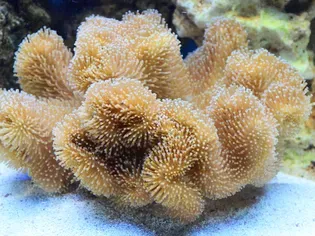
Unlocking the Secrets of Coral Nutrition: A Comprehensive Guide
Embark on a captivating journey into the fascinating world of coral nutrition, where these enigmatic marine wonders reveal their culinary preferences. Corals, the architectural marvels of the ocean, possess unique feeding strategies that have evolved over millennia to sustain their vibrant ecosystems. Join us as we delve into the remarkable mechanisms that fuel the growth, health, and survival of these awe-inspiring creatures.
Exploring the Diverse Dietary Habits of Corals
Corals are predominantly carnivorous, feasting on an array of microscopic marine organisms that inhabit the nutrient-rich waters of the ocean. This diverse menu includes:
* Zooplankton: Tiny animals, such as copepods, that float in the water column, providing corals with essential nutrients and energy.
* Phytoplankton: Microscopic algae that form the base of the marine food web, contributing to coral nutrition through photosynthesis.
* Bacteria: Bacteria play a significant role in coral digestion, aiding in the breakdown of complex organic matter.
Symbiotic Relationships: A Feeding Partnership
Many corals engage in remarkable symbiotic relationships with single-celled algae known as zooxanthellae. These algae reside within the coral's tissues, harnessing sunlight to produce food through photosynthesis. In return, the algae provide the coral with vital nutrients and oxygen.
This symbiotic partnership allows corals to thrive in nutrient-poor environments where plankton is scarce. The zooxanthellae provide a steady source of sustenance, enabling corals to build and maintain their intricate skeletal structures.
Examples of Specialized Feeding Mechanisms
Corals have evolved specialized feeding mechanisms to capture and consume their prey efficiently. These mechanisms vary among coral species, showcasing the remarkable diversity within this group:
* Tentacles: Many corals extend long, stinging tentacles covered in tiny stinging cells called nematocysts. These tentacles paralyze and capture prey, which is then transported to the coral's mouth.
* Cilia: Other corals use cilia, tiny hair-like structures, to create water currents that draw zooplankton and other food particles towards their mouths.
* Mucus Nets: Some corals secrete a sticky mucus net that ensnares passing prey, providing a steady supply of food.
The Importance of Coral Nutrition
Understanding coral nutrition is crucial for several reasons:
* Ecosystem Health: Healthy corals support diverse marine ecosystems, providing habitat and food sources for countless marine organisms.
* Climate Change: Climate change is altering ocean temperatures and acidity, which can disrupt coral feeding patterns and symbiotic relationships.
* Conservation: Conservation efforts for corals require an understanding of their dietary needs to ensure their long-term survival.
Enhancing Coral Health: Practical Considerations
Aquarium hobbyists and coral enthusiasts can take steps to enhance coral health by providing an optimal feeding environment:
* Proper Lighting: Zooxanthellae require adequate sunlight or artificial lighting to thrive.
* Regular Feeding: Providing a regular supply of live or frozen zooplankton can supplement the diet of corals in captivity.
* Water Quality: Maintaining clean, well-filtered water is essential for optimal coral growth and nutrition.
Conclusion
The study of coral nutrition reveals the intricate and fascinating adaptations that have enabled these marine wonders to thrive in the ocean's diverse ecosystems. From the microscopic zooplankton they consume to the symbiotic relationships they forge, corals demonstrate remarkable strategies to obtain the nutrients they need. Understanding coral nutrition is not only essential for scientific research but also has practical implications for conservation and aquarium keeping. By gaining insights into the dietary habits of these enigmatic creatures, we can better appreciate their vital role in the health of our oceans and ensure their survival for generations to come.
Explore More Pets
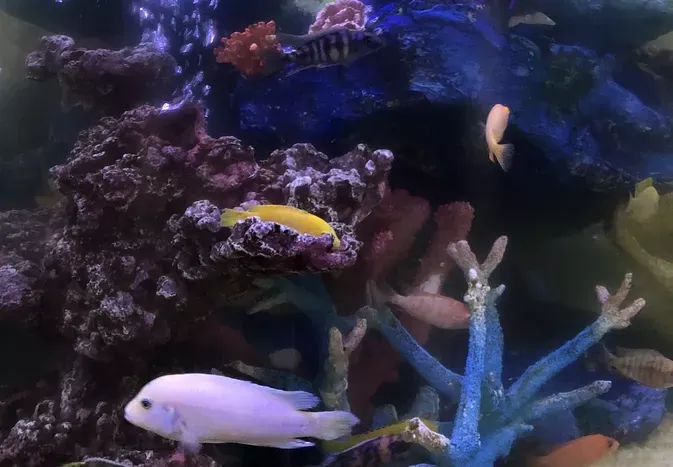
Freshwater Aquarium Filters
How to Deal With Cloudy Aquarium Water
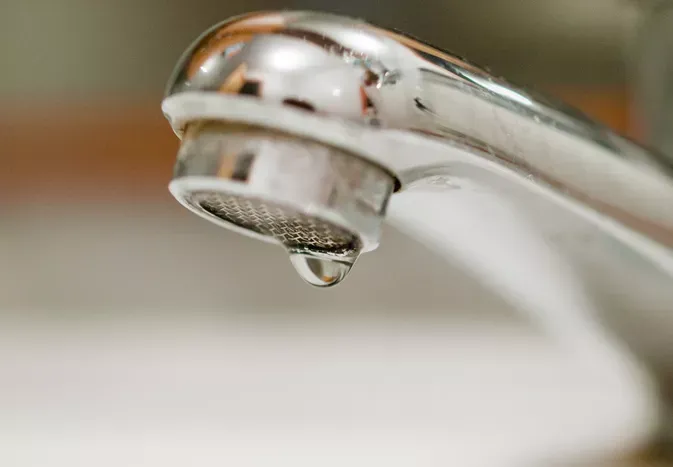
Saltwater Aquarium Filters
How Do You Remove Chloramines From Tap Water?
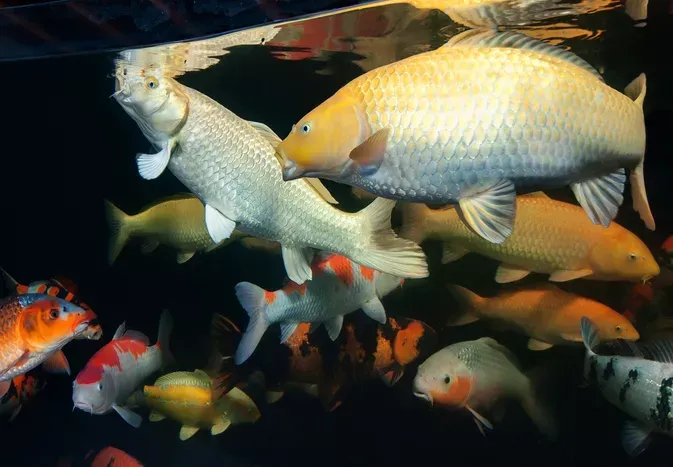
Freshwater Aquariums & Habitat
Can I Keep My Koi Fish Inside?
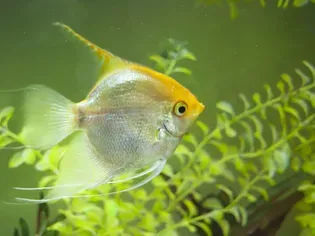
Saltwater Aquariums & Habitat
14 Best Floating Plants for Your Aquarium
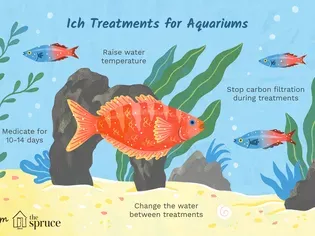
Freshwater Fish Health
How to Treat Ich on Freshwater Fish
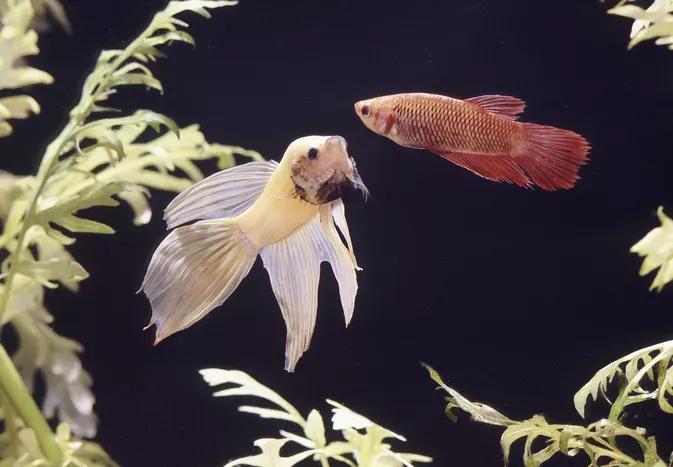
Saltwater Fish Health
Fin Rot in Aquarium Fish
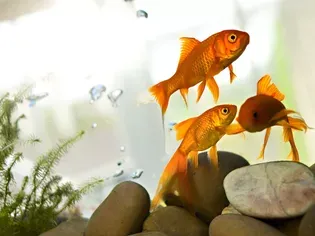
Freshwater Aquarium Filters
How to Do Aquarium Water Changes
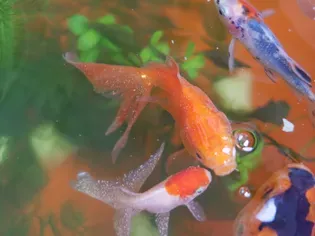
Saltwater Fish Health
How Do Fish Get Parasites?